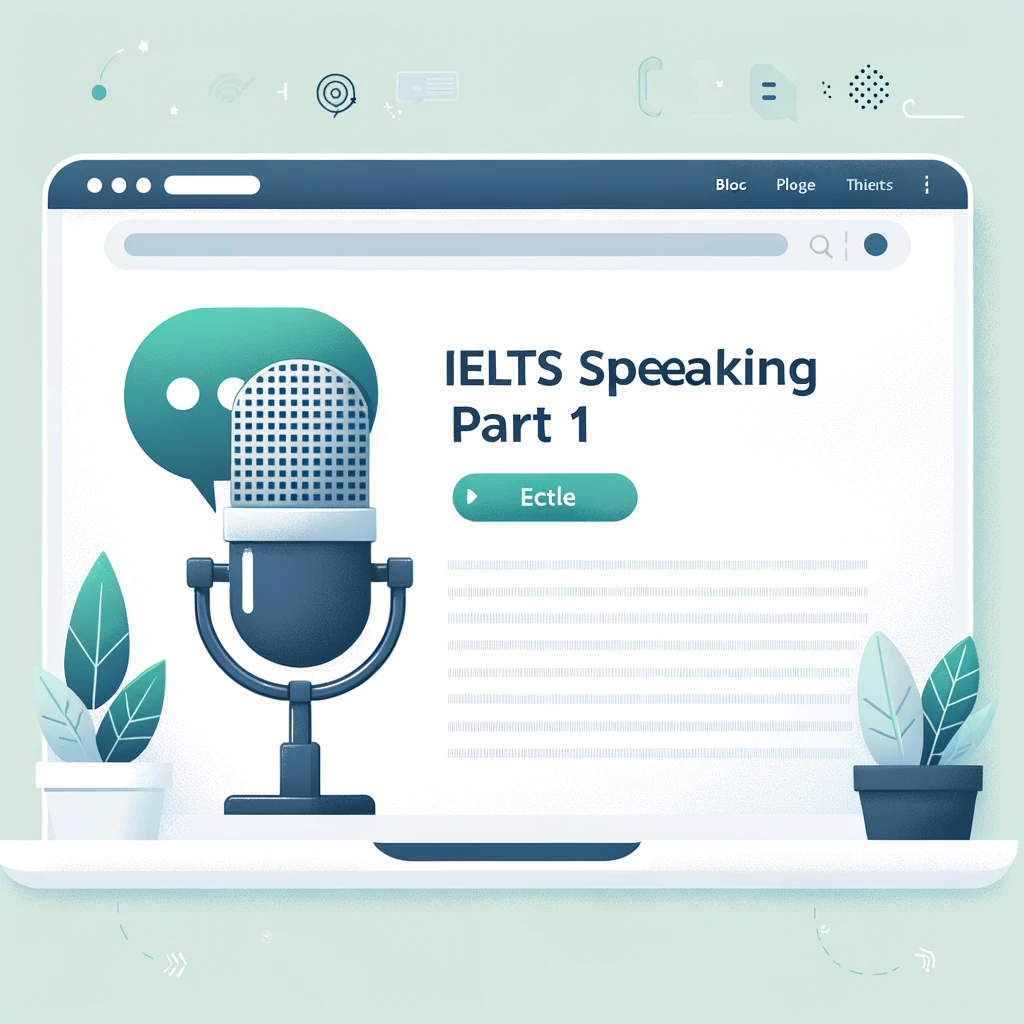1. Do you like sharing things with others?
Yes, I enjoy sharing things with others. It creates a sense of connection and community and often brings joy to both the giver and the receiver.
2. What kinds of things do you usually share with people?
I usually share a variety of things, such as books, food, and personal experiences. I also like to share my knowledge and skills, particularly in language learning and teaching.
3. How do you feel when you share something with someone?
When I share something with someone, I feel happy and fulfilled. It’s gratifying to know that what I’ve shared can bring value or joy to another person.
4. Do you think sharing is important? Why?
Yes, sharing is very important because it fosters trust, builds relationships, and promotes a sense of community. It also encourages generosity and empathy, which are essential qualities for a harmonious society.
5. Have you ever shared something valuable with someone? What was it?
Yes, I have shared valuable things with others, such as my time and expertise. For example, I once tutored a friend in English for several months, which significantly helped them improve their language skills.
6. How do you feel when someone shares something with you?
When someone shares something with me, I feel grateful and appreciated. It’s a warm feeling knowing that someone cares enough to offer me something of theirs, whether it’s their time, advice, or possessions.
7. Do you prefer sharing with family or friends? Why?
I enjoy sharing with both family and friends, but I might lean slightly towards sharing with friends because it often leads to mutual exchanges and shared experiences that strengthen our bond.
8. Can you remember a time when sharing something helped you or someone else?
Yes, I remember sharing my notes with a classmate who was struggling with a subject. This helped them catch up and perform better in the exams. Seeing their improvement was very rewarding for me.
9. How do you teach children the importance of sharing?
I teach children the importance of sharing by leading by example and encouraging them to share their toys and resources with others. I also explain the benefits of sharing and praise them when they demonstrate sharing behavior.
10. Do you think people today are more or less willing to share? Why?
I think people today are generally more willing to share, especially with the rise of social media and the sharing economy. These platforms encourage people to share their experiences, knowledge, and even material possessions, fostering a culture of openness and generosity.
Vocabulary for Band 9+ IELTS Speaking
1. Connection – A relationship in which a person or thing is linked or associated with something else
2. Fulfilled – Satisfied or happy because of fully developing one’s abilities or character
3. Harmonious – Forming a pleasing or consistent whole
4. Expertise – Expert skill or knowledge in a particular field
5. Gratifying – Giving pleasure or satisfaction
6. Generosity – The quality of being kind and generous
7. Empathy – The ability to understand and share the feelings of another
8. Mutual exchanges – The process by which two or more parties give and receive something of value
9. Leading by example – Acting in a way that shows others how to behave
10. Sharing economy – An economic model defined as a peer-to-peer-based activity of acquiring, providing, or sharing access to goods and services, often facilitated by a community-based online platform

